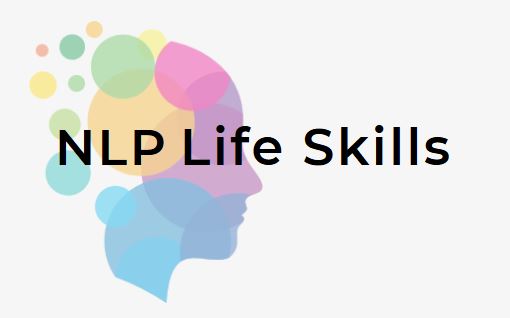Respecting another person’s model of the world means acknowledging and accepting their perspective, without trying to change or judge it. This approach fosters open-mindedness, empathy, and mutual understanding, and helps to build rapport and establish trust in relationships. By accepting and respecting others’ models of the world, NLP practitioners can improve communication and resolve conflicts more effectively.
In a professional setting, respecting others’ models of the world is particularly important for effective leadership. A manager who recognizes and accepts the perspectives of their team members is more likely to inspire trust, create a positive work environment, and achieve better results. For instance, a manager who understands that one of their employees has a model of the world that values work-life balance is more likely to provide flexible scheduling and support for that employee, leading to greater job satisfaction and performance.
In therapy, NLP practitioners also use the concept of respecting others’ models of the world to help clients overcome challenges and improve their well-being. By understanding and accepting a client’s model of the world, a therapist can create a safe and supportive environment for the client to explore their experiences and make positive changes. For example, a therapist who recognizes that a client has a model of the world that associates therapy with weakness may approach the therapy process differently, using language and techniques that help the client feel more comfortable and empowered.
In conclusion, the NLP concept of respecting others’ models of the world is a powerful tool for improving relationships and communication, promoting empathy and understanding, and resolving conflicts. By acknowledging and accepting others’ perspectives, we can build rapport, establish trust, and achieve our goals more effectively, in personal, professional, and therapeutic contexts.




